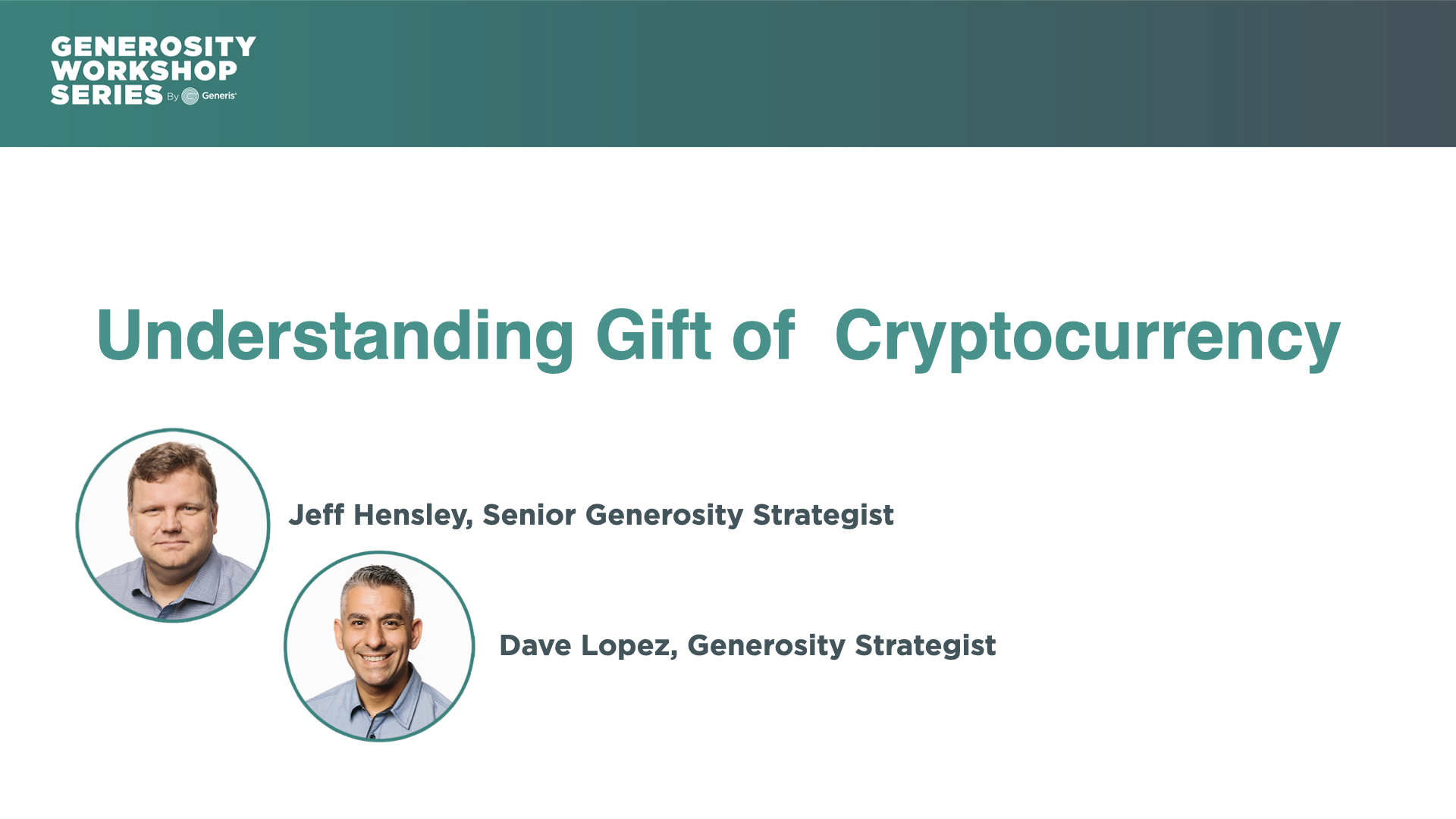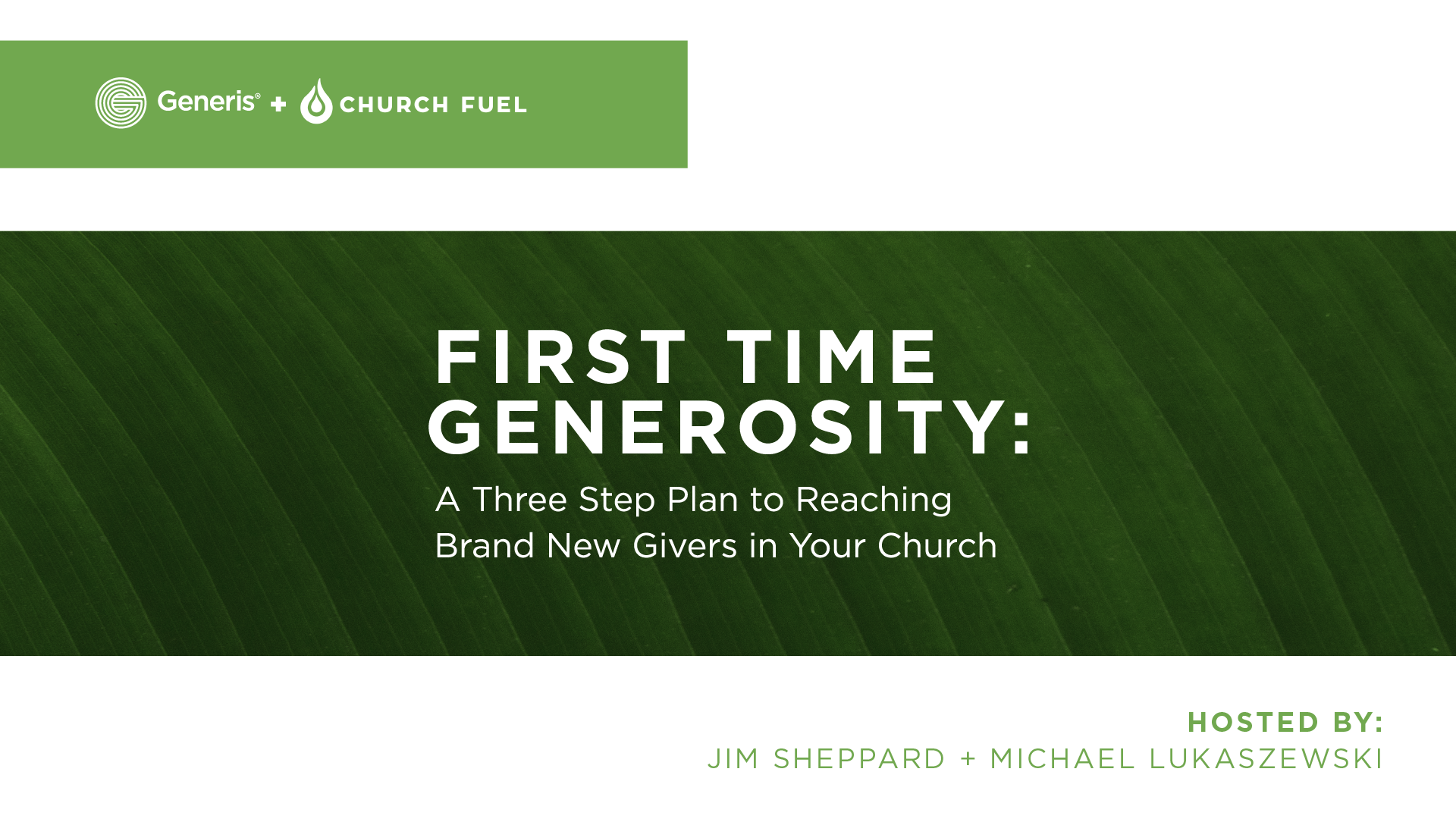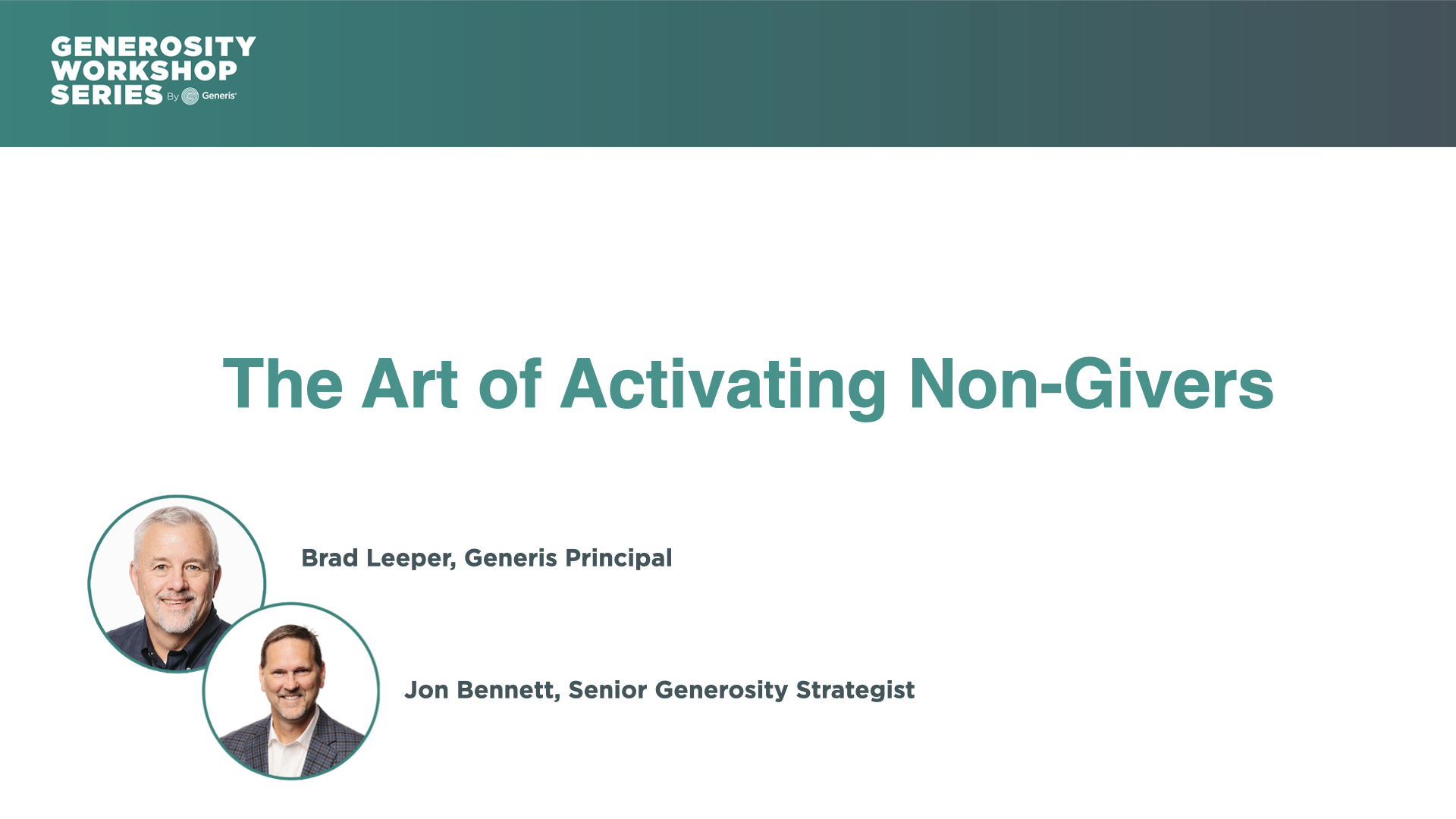What Should Our Board Be Doing at the End of the Year?
Great boards work according to a seasonal or monthly plan. When I coach church leadership teams in my Building Better Boards process, I help them design a work plan to help guide their work to be effective and make the best use of time. Whether they call them elders, deacons, board of directors, or trustees, almost every church has a group designated to help govern its affairs.
Every church has slightly differing roles and expectations for its board. Having worked with multiple larger church boards, I’ve found there are some necessary questions to ask at the end of each year.
- How well did we work as a board?
- Have we accomplished what we set out to do?
- Did we stray from our assigned purpose?
- Did our meetings encourage our whole team?
- Were our board tasks accomplished outside of our meetings?
- Great boards self-evaluate every year. They do this to discuss how they can improve their performance relative to their perceived assignments.
- What should we celebrate in our work as a church this year?
Too many boards see themselves as “tough graders” and want to find the performance gaps. Instead, we should memorialize our gains.
Have each member write down the places they see progress toward the mission endeavors that we both set out to do last year and those opportunities that arose spontaneously.
- Where have we taken some kingdom ground?
Good boards, working with their staff leadership, can identify those.
As my mentor, Peter Drucker, said, “Build on islands of health and strength, not weakness.”
Some boards even have holiday dinners or gatherings with spouses to rejoice in what God has done through the church’s ministry this year.
- What should be our two to three areas of focus or priority tasks in the coming year?
My phrase for this is that one can walk and chew gum simultaneously, but walking, chewing gum, and juggling a few running chainsaws creates problems.
Decide the two or three major church initiatives that will involve large cross-sections of the people, the staff, resources, time, energy, and focus. Commit to accomplishing those as priorities.
A few examples:
- A major generosity initiative.
- A building or remodeling project.
- The succession plan of a long-serving senior pastor.
- Changing the small group philosophy and program.
- Changing the database or significant software upgrade. (More complicated than one thinks!)
- Developing a longer-range strategic plan.
While those may have been formulated in prior board sessions, obtain agreement from board members regarding their roles in accomplishing the tasks. Decide how each board member can add strength to certain ones and make assignments.
- How will we mentor the next generation of board leadership?
Most of the congregations I have served have some measure of self-perpetuating boards. Even more congregational churches have informal systems of recruitment that need to be intentional and thoughtful.
- Where are we looking for our future board leaders?
- Do we have a clear profile of what we need?
- Are the responsibilities clearly defined?
- Who is on our radar and hearts that could be developed?
- How will we develop, test, encourage, and train the next generation of leaders?
Good boards work on this process with a pastor to create deep benches for future leadership of the church.
- Can we schedule our annual planning retreat for next summer or fall?
Some current church clients have those earlier in the year, but many schedule those for the summer or early fall.
Get the dates and locations secured so that board members will agree to reserve the time for that activity.
- When should we schedule our next generosity initiative?
I encourage a healthy church to have a regular season with either a “One Fund” or standard campaign season every few years. These should be seasons of revival and discipleship in generosity, not just raising funds or giving commitments.
In my client’s case, often, a third of the congregants have started their participation since the last campaign or initiative. While some may have started giving, they have not been challenged to evaluate their faithfulness in generosity.
Boards should consider this a significant initiative and set a window for when it should occur next. Then it should work backward for some months to determine when they should speak to outside counsel to get proposals for help. Major initiatives take pre-planning to be most successful.
Generis would love to help think that through with you. To get that help, reach out to me at Dave.Travis@generis.com, and I can direct you to the right strategist to help.
Get Under The Hood of Your Giver Data with a
FREE Generosity Pulse Report
The Generosity Pulse Report offers a snapshot of the health of your generosity and stewardship culture. By assessing the long-term health of your church’s giving and providing a clear view of your current finances, the Generosity Pulse Report eliminates the guesswork and offers your team confidence and understanding of your financial reality.
Schedule Your FREE Generosity Pulse Report Today

Share this
You May Also Like
These Related Stories

Understanding Gifts of Cryptocurrency

First Time Generosity: A Three Step Plan to Reaching Brand New Givers


No Comments Yet
Let us know what you think